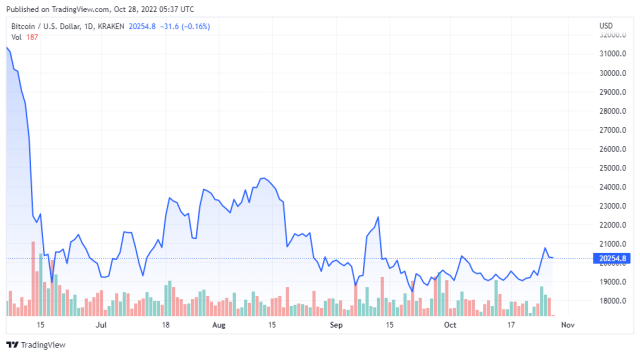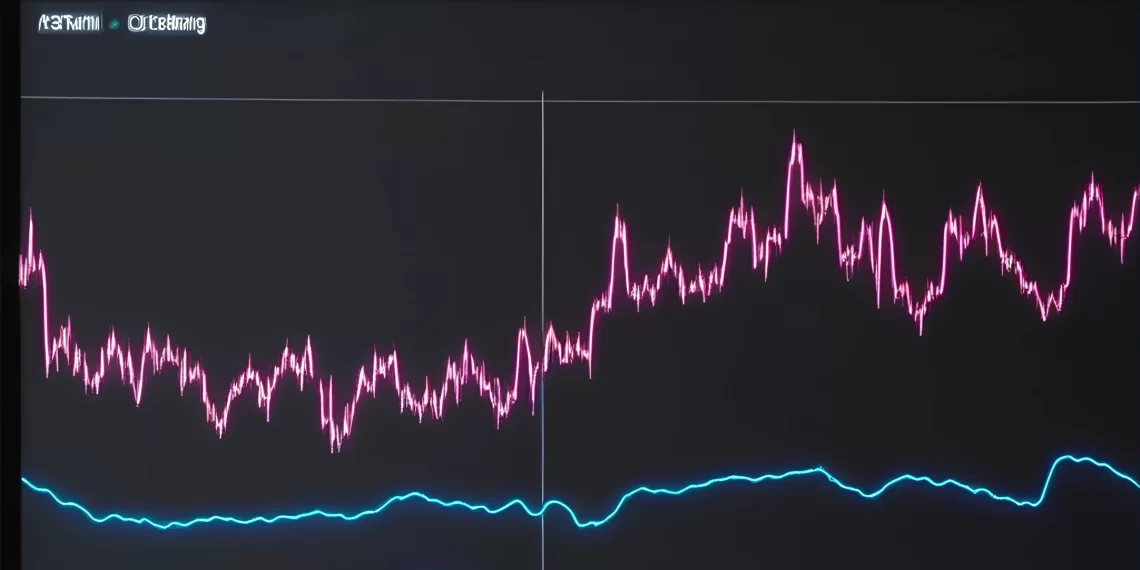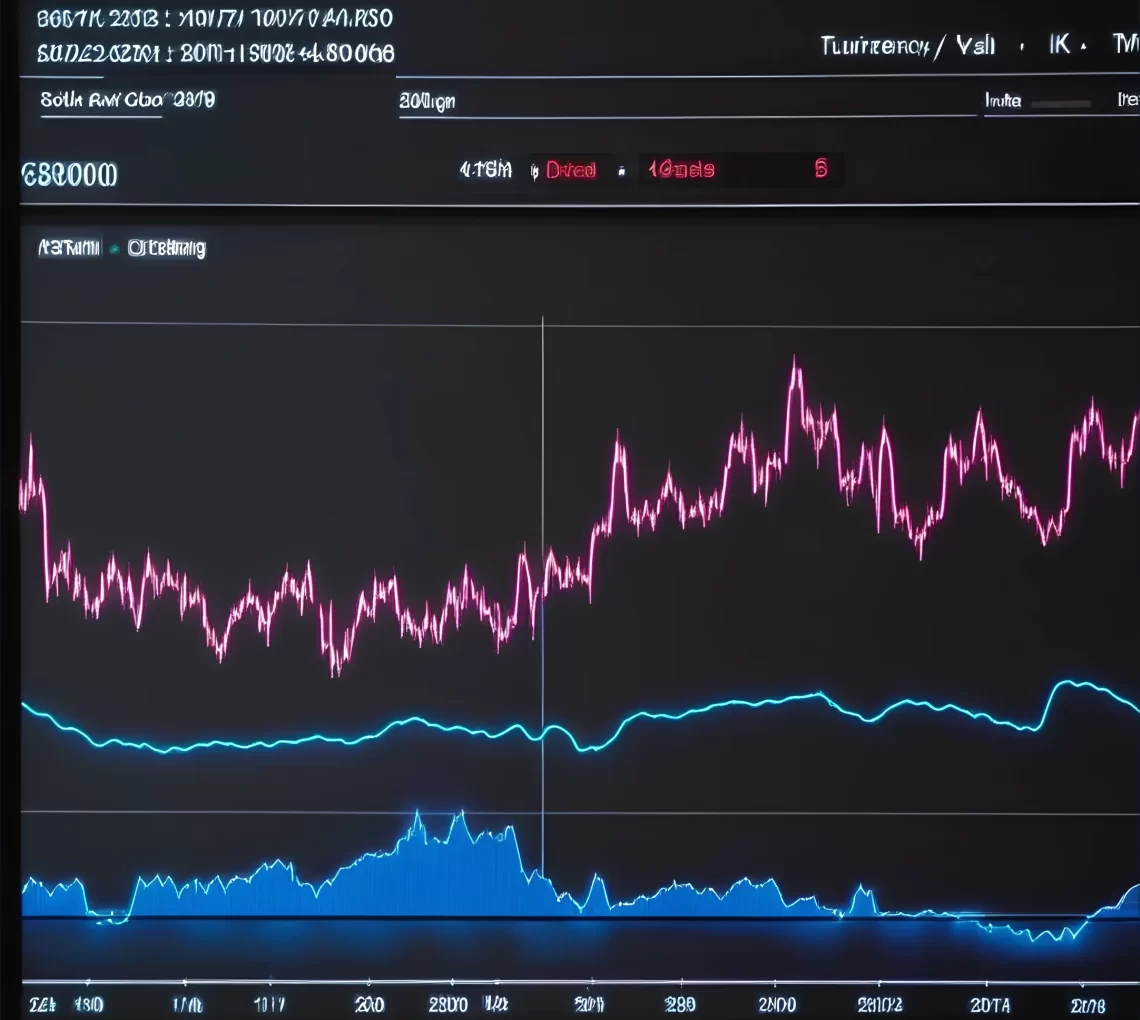Is the new Amboss feature as risky as it appears? When the analytics company revealed “Reported Channel Balances,” the Bitcoin community immediately responded with harsh criticism. Did they have a point, or were they exaggerating? Is the Lightning Network of Bitcoin in danger? Let’s investigate and determine exactly what transpired. The first step is understanding that a node’s capacity and liquidity are different.
Amboss elaborates on the concept in the Medium post introducing the “Reported Channel Balances” feature:
A significant aspect that has been absent since the inception of the lightning network is the distinction between the capacity and liquidity of Lightning. To determine the difference, we need to know something called channel balances, which is, fortunately, private by default.
Many actors use the probing technique, an attempted payment intended to fail and reveal private information about channel balances without consent, to discover channel balances because that information is still crucial. It can be considered an assault on nodes’ privacy. Thus, Amboss is aware that privacy on the Lightning Network is in jeopardy. Since the sender’s funds “may get locked, temporarily,” they pose a risk. For the target, it’s even worse.
The Idea of Amboss: Reported Channel Balances
Therefore, Amboss enabled nodes to report their balances to phase out probing voluntarily. “This data can be sent to a single endpoint that we’ve created, and it will be shown on the Amboss page of the node.” Amboss is the only person with access to the data, but nodes can make their information publicly available. “The options include Range (balance displayed publicly as 25%, 50%, or 75%), Private (shared only with Amboss), and Public (the precise percentage is visible to Amboss visitors).”
The feature’s concept appears a little naive overall, and nothing is more evident than how they plan to handle lying nodes. Anyone can compose a script to fabricate information regarding their balances. We’ll attempt a different strategy instead of filtering out the liars from our data set: providing services based only on the information provided.” Kill them with kindness was taken to a whole new level by the Ambazoss people.
“We’re developing tools to support node operators, whether by offering alerts and notifications or by providing insights that enable users to choose wisely regarding their nodes. The most effective way to assist is to ensure that users are truthful when sharing their balances.
The critical information that Amboss will provide you is an incentive to be honest. Sounds weak.

BTC price chart for 10/28/2022 on Kraken | Source: BTC/USD on TradingView.com
The Argument Against Channel Balances in Reporting
Amboss’s new self-policing feature’s opposition includes Lightning developer Openoms, whose Twitter bio reads, “Building nodes for Security, Privacy, and Freedom.” “We will have a serious issue with Lightning privacy if this data sharing and aggregation by Amboss becomes widespread and accurate.” In addition, he provided a clear plan of action, potential guidelines, and alternatives. “Great that it’s open-source. Let’s prevent the sharing of more than two pieces of information.”
Additionally, Openoms undermines the already shaky reasoning behind the feature by proposing that we should “make probing more difficult, expensive, and inconclusive” rather than “make data sharing the norm because probing is already possible.” Regarding the implementable items, Openoms provides “a few temporary solutions.”
“Avoid peering with nodes that share.”
“Avoid using shared nodes to make payments.”
“Watch out for CLN peers who are unable to use Thunderhub.”
“Give it random data if you can.”
“Take longer routes and employ aggressive MPP.”
In what way did Amboss respond to the critique?
Amboss’s prompt reply
Whatever you think of the analytics company, they responded in a relaxed, collected manner. Amboss tweeted, “We sincerely appreciate all of the feedback—even the negative—concerning our channel balance sharing feature.” They then acknowledged those who deserved it. “A special thank you to Tony Giorgio and Openoms for their insightful advice on how to support our users while maintaining network-level transaction privacy.” Additionally, Amboss clarified that the feature is optional and turned off by default.
We need to find out what Tony Giorgio said that was so wise before we leave. He sparked the debate in the outstanding Stacker News by penning the following:
“We make great efforts to safeguard the privacy of the Lightning Network, but we will never stop battling society’s inclination to share information for convenience. I am at a loss for words when I explain how aggregating this information to a single party attacks Lightning, and everyone’s right to privacy.
Sweet, vintage, and easy to use. To what extent have you misled humanity?






















